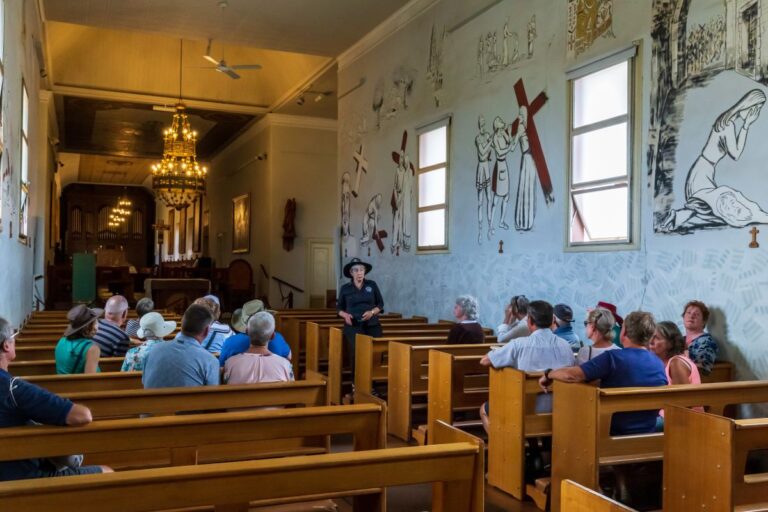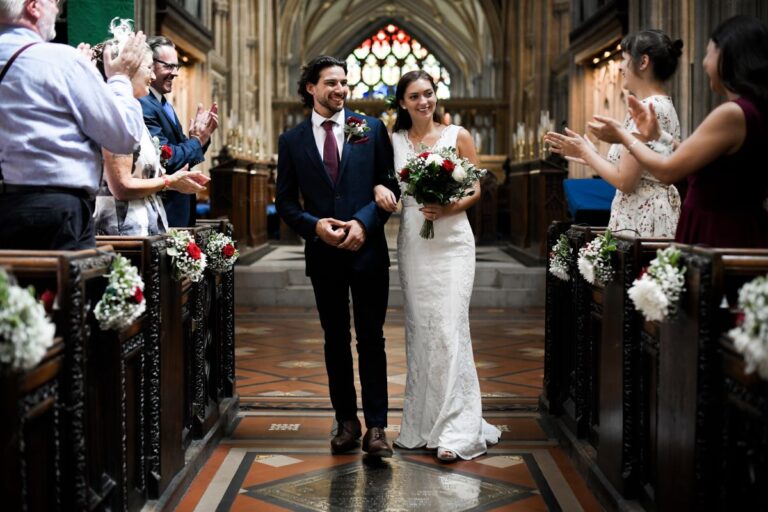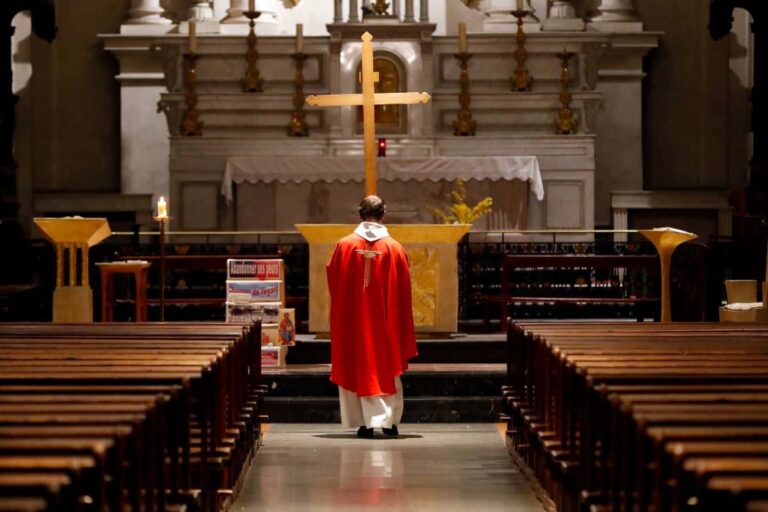Religious Divides: 20 Ways Faith Is Splitting America
In an era where cultural and social issues are increasingly contentious, religion often amplifies these divides rather than bridging them. But what’s causing these rifts to deepen in communities across America?
1. Political Pulpits
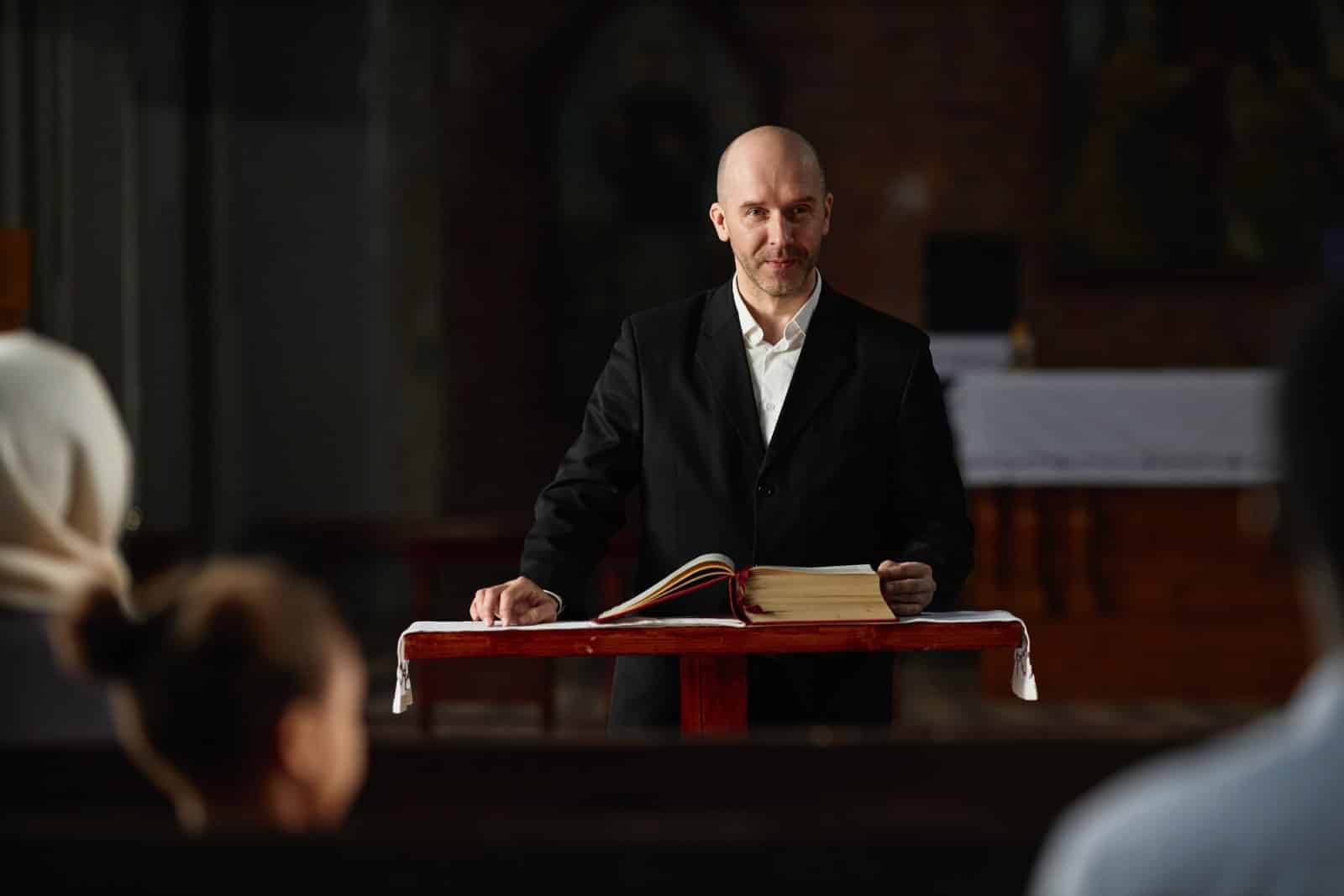
Religious leaders increasingly endorse political candidates, aligning their religious teachings with partisan politics. This fusion of faith and political ideology can polarize congregations and communities, leading to division rather than unity.
2. Hot-Button Social Issues
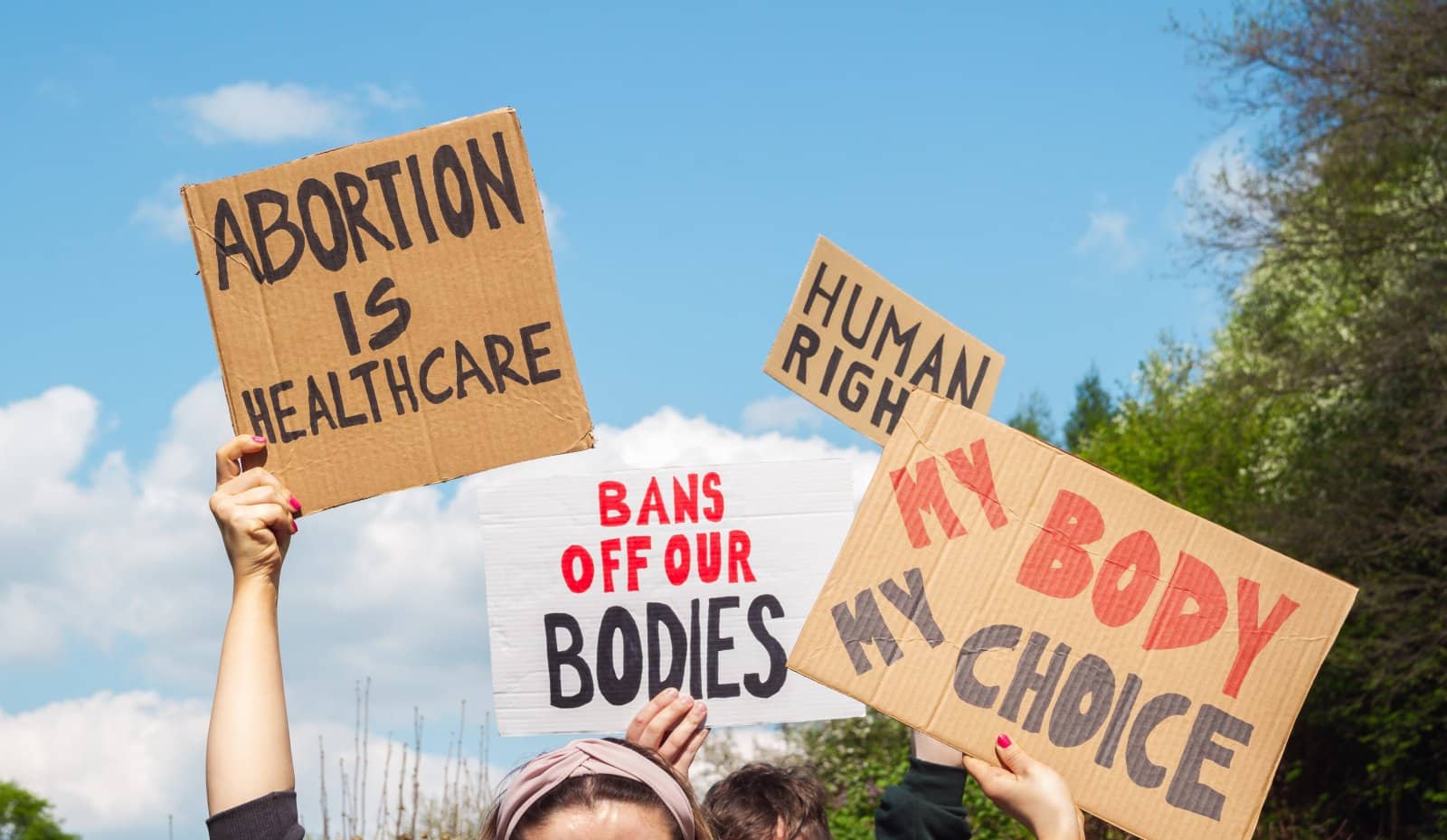
From abortion to LGBTQ+ rights, religious institutions often take strong stances that align with conservative values, setting them against progressive movements. This has intensified debates around personal rights and freedoms.
3. The War on Gaza
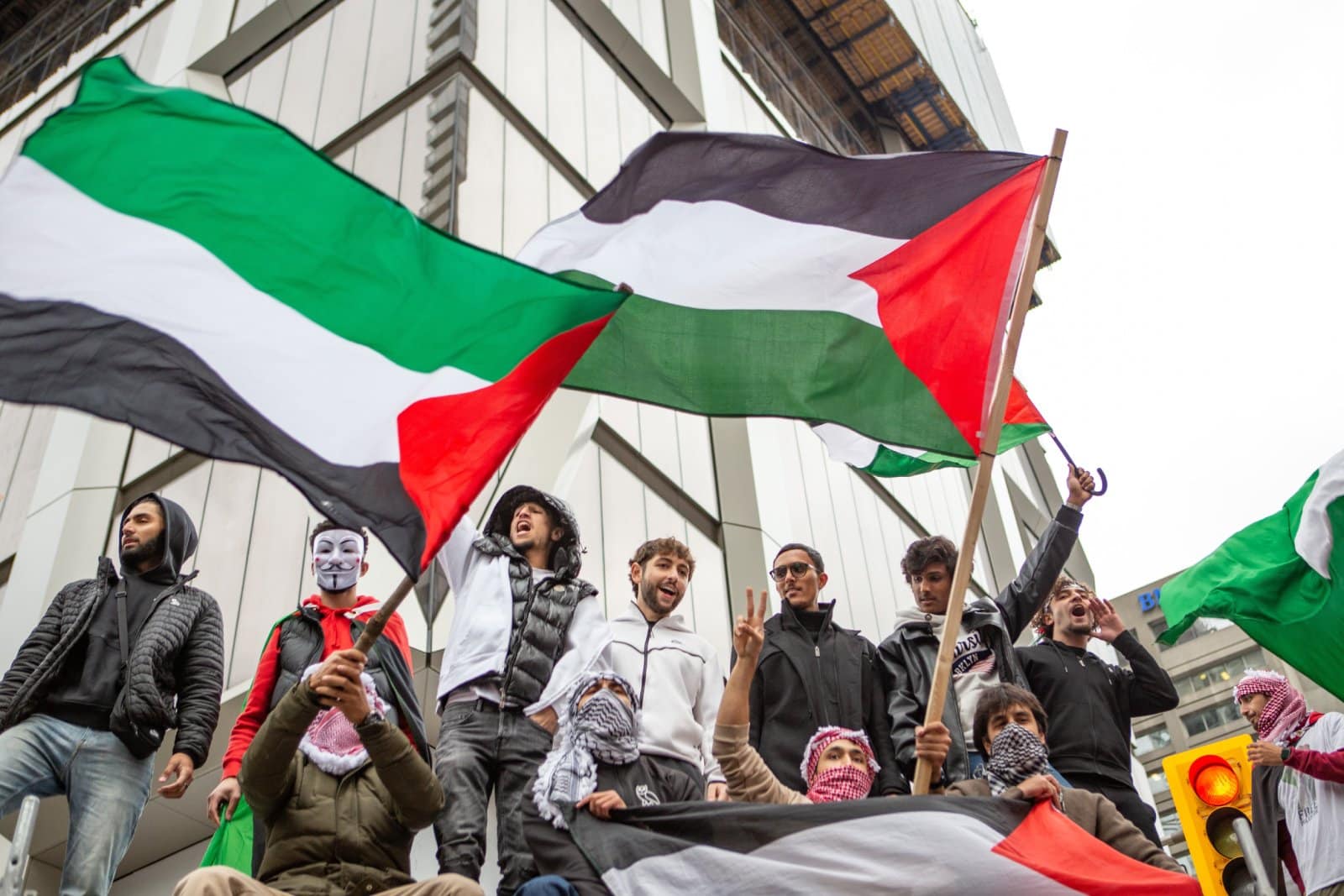
The religious response to the War on Gaza has exposed and deepened divides, especially among American Christians, between those who support Israeli policies for religious reasons and those who oppose them on humanitarian grounds.
4. Racial and Economic Segregation

Religious communities often mirror society’s racial and economic divisions, with affluent congregations wielding more influence and resources. This segregation perpetuates inequality and limits cross-cultural understanding.
5. Education Battles

Religious groups influence school curricula on topics from evolution to sexuality, often opposing scientific perspectives with religious teachings. This can alienate families and educators, creating a chasm between religious and secular approaches to education.
6. Misinformation and Extremism

Certain religious factions spread misinformation on issues ranging from climate change to public health. This not only sows division but also undermines collective efforts to address global challenges.
7. Resistance to Scientific Consensus
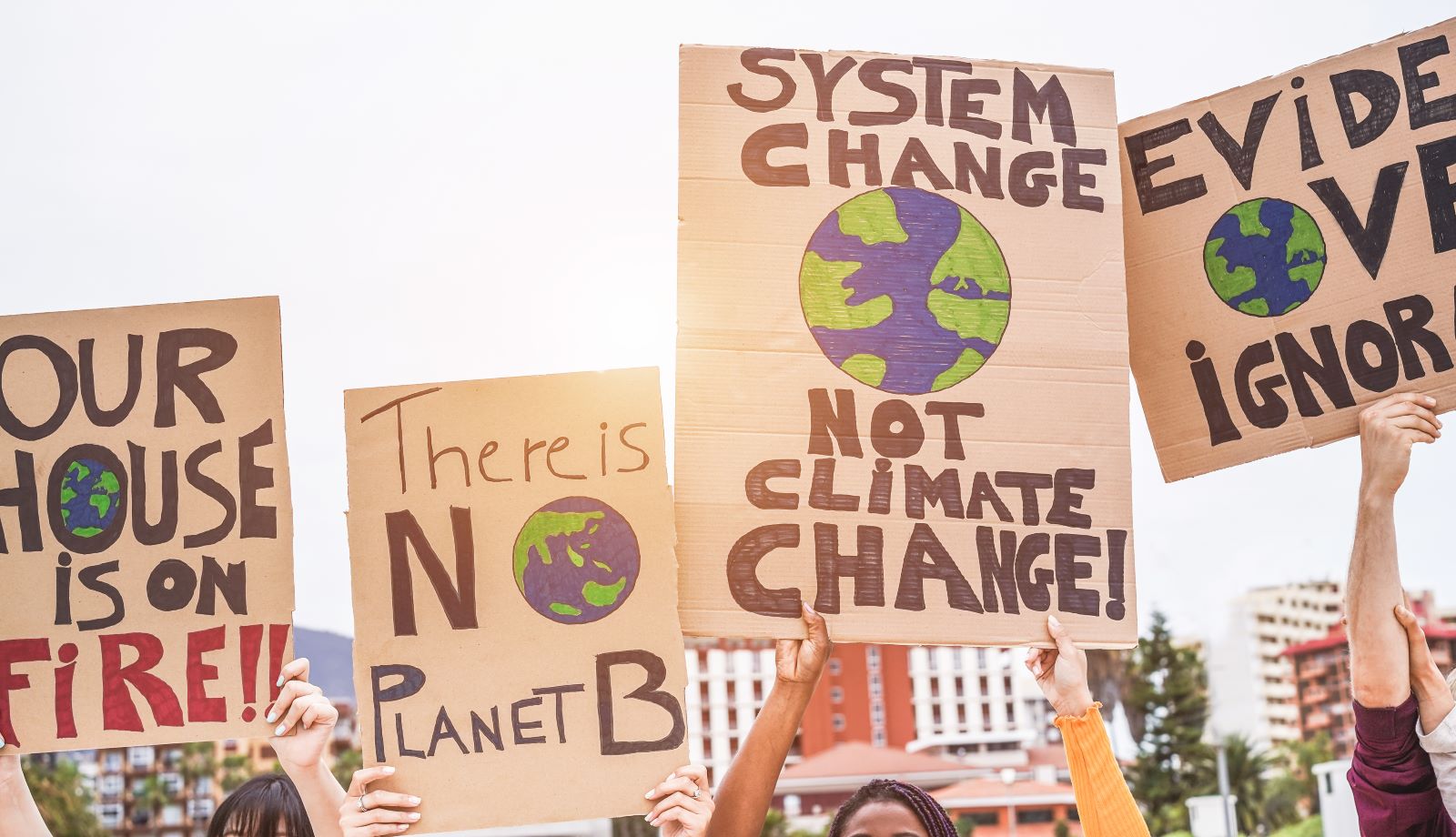
Skepticism towards scientific findings among some religious groups, especially regarding climate change and vaccination, pits religious beliefs against scientific evidence, fueling societal divides.
8. Xenophobia Tied to Religious Identity
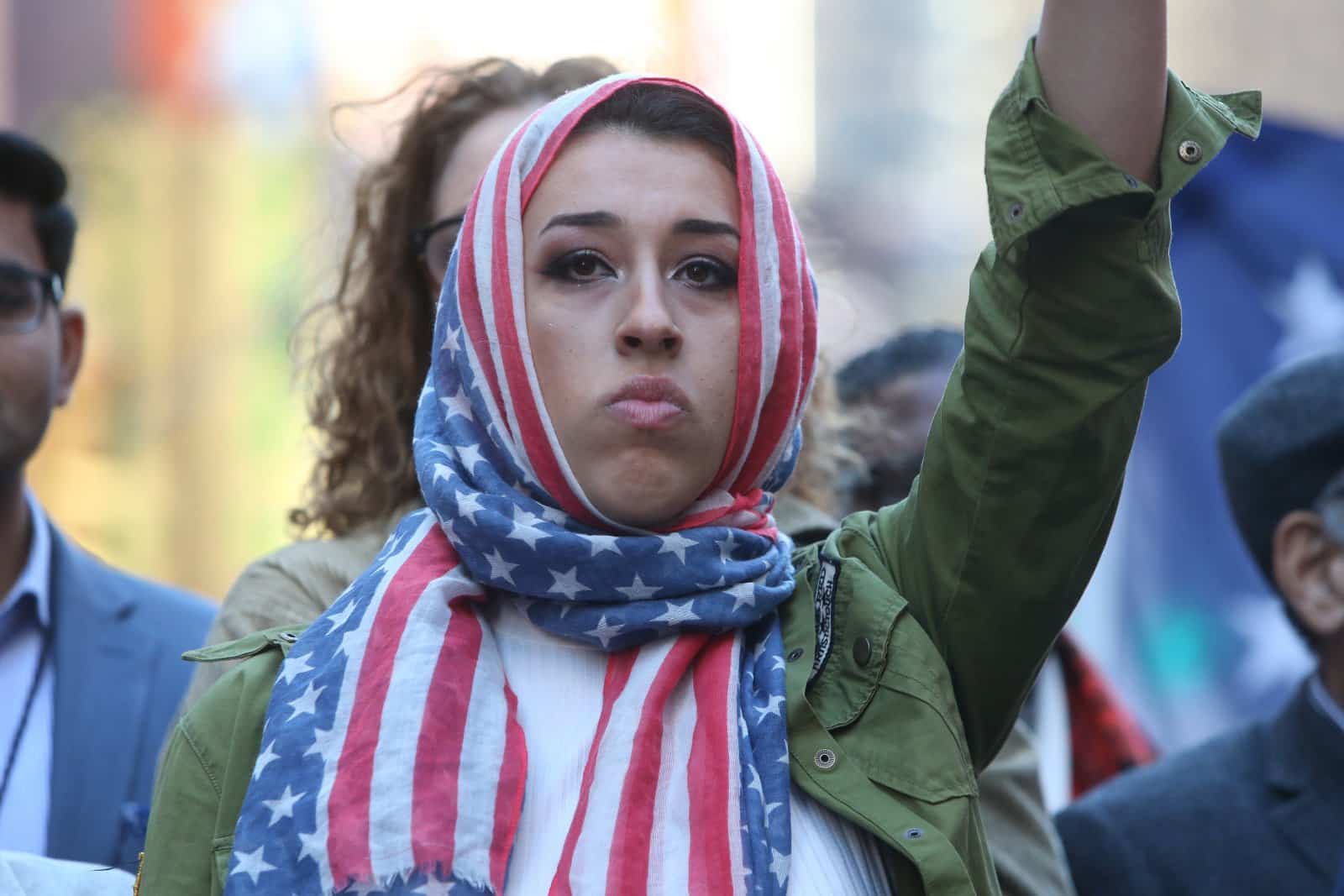
Religious rhetoric is sometimes used to justify xenophobic attitudes, portraying immigrants and outsiders as threats to cultural and religious purity. This can exacerbate tensions in diverse communities.
9. Gender Roles and Equality
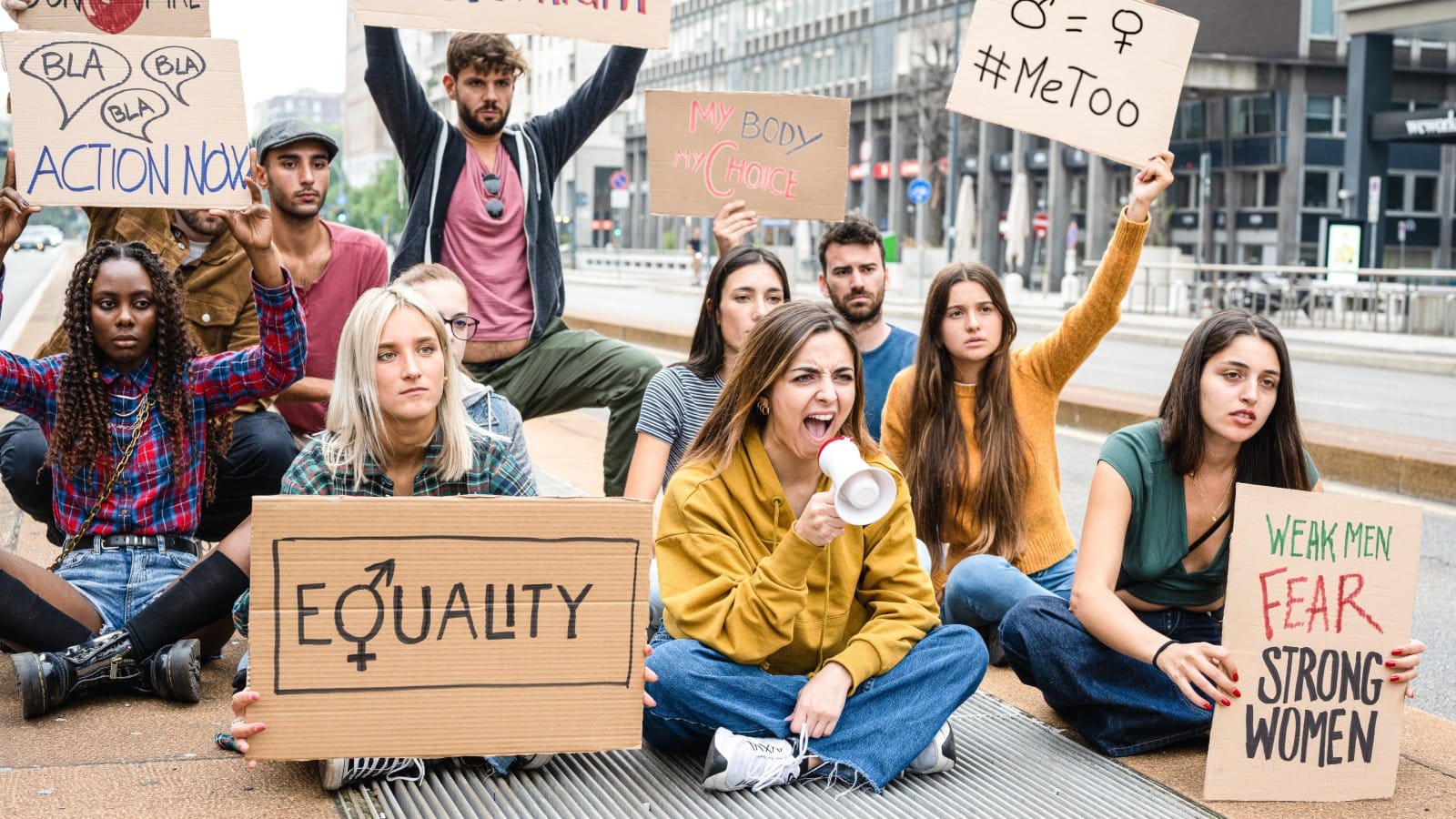
Traditional religious views on gender roles often clash with modern perspectives on gender equality and women’s rights, creating rifts both within religious communities and in wider society.
10. The Role of Mormon Policies
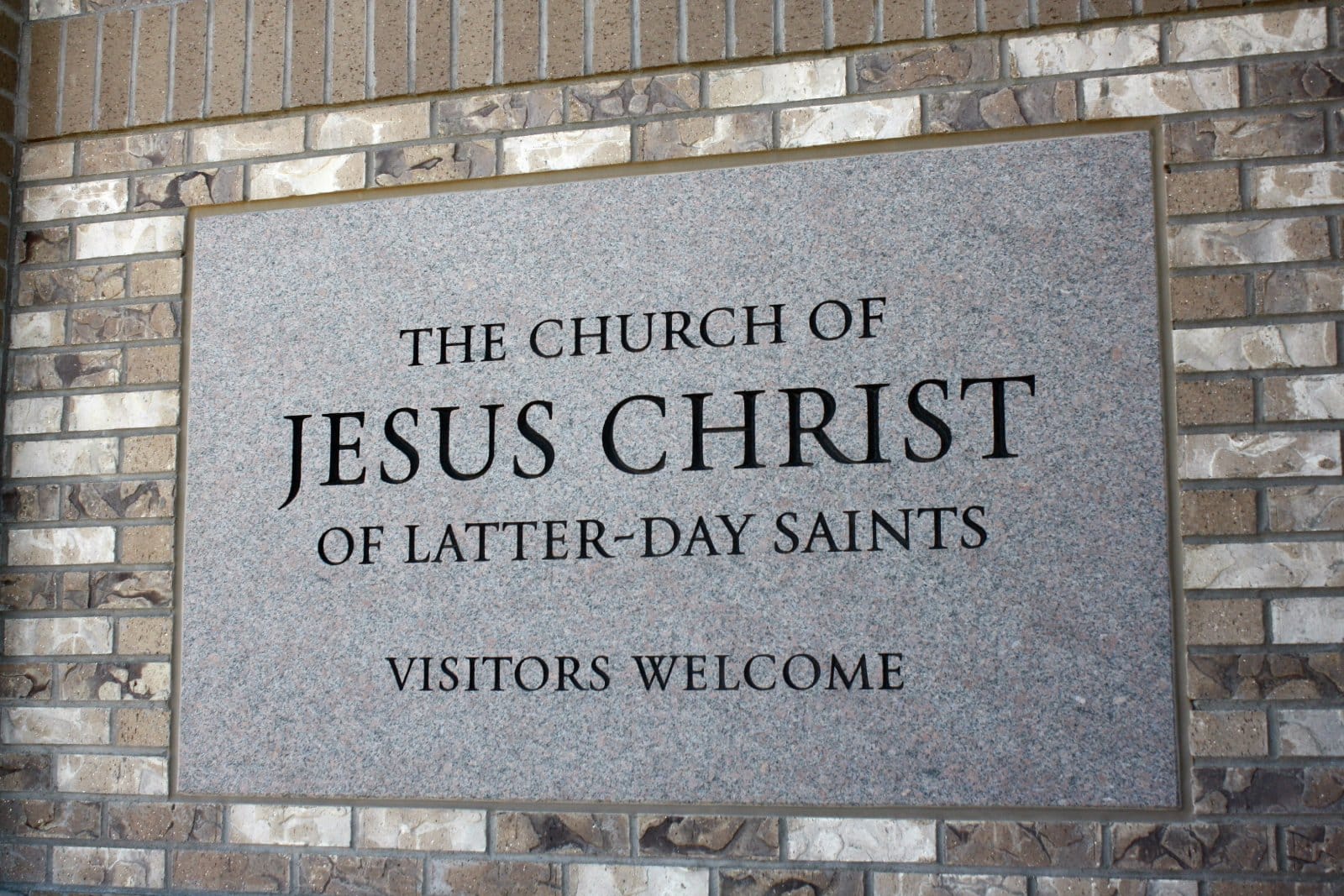
The Mormon Church’s historically conservative policies on issues like LGBTQ+ rights and racial equality have often put it at odds with progressive societal values, affecting its members and the broader community.
11. Internal Christian Divides
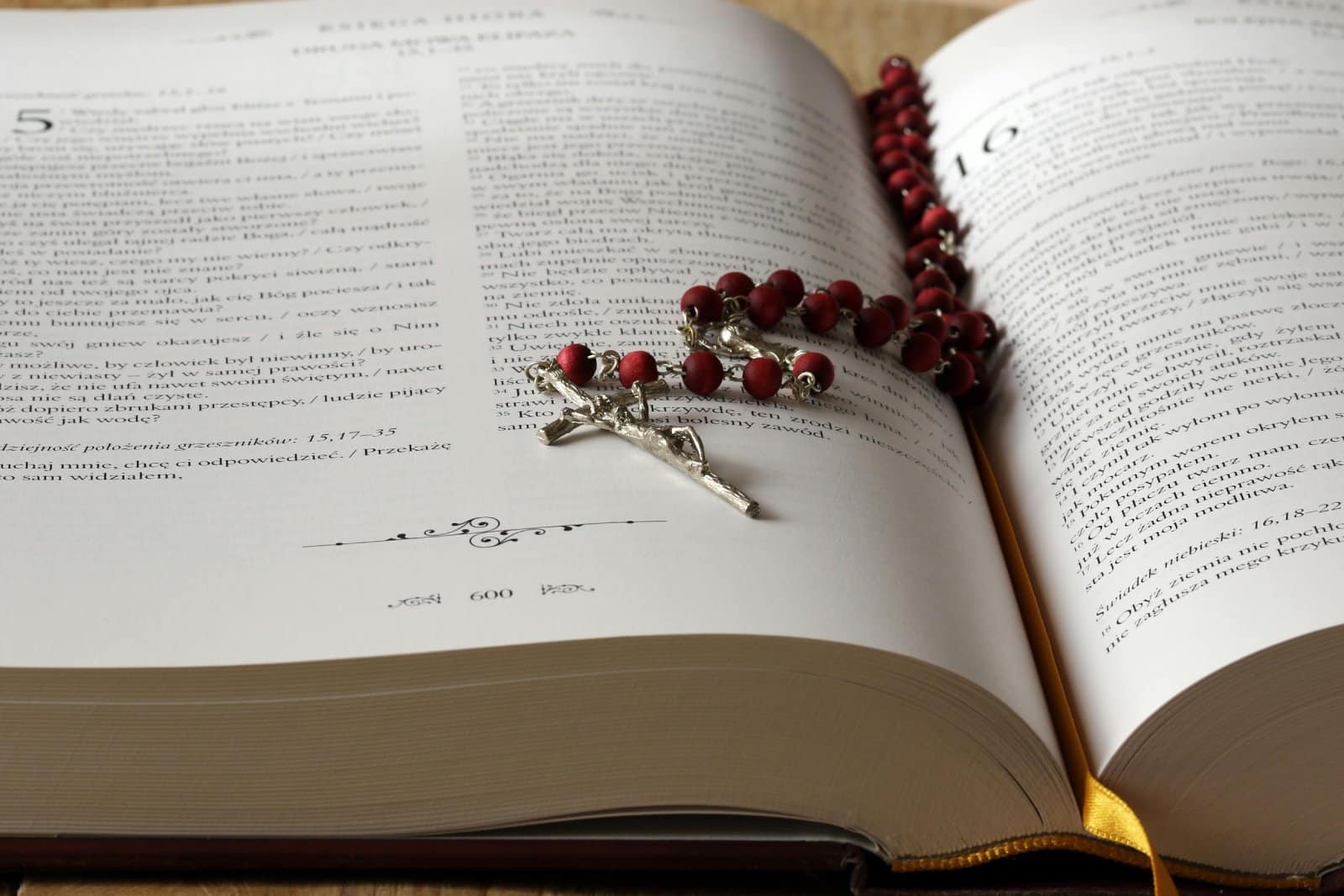
Differences within Christianity, such as between evangelical Protestants and mainline Protestants, over theological and social issues can lead to discord and even schism within families and communities.
12. Faith-Based Voting
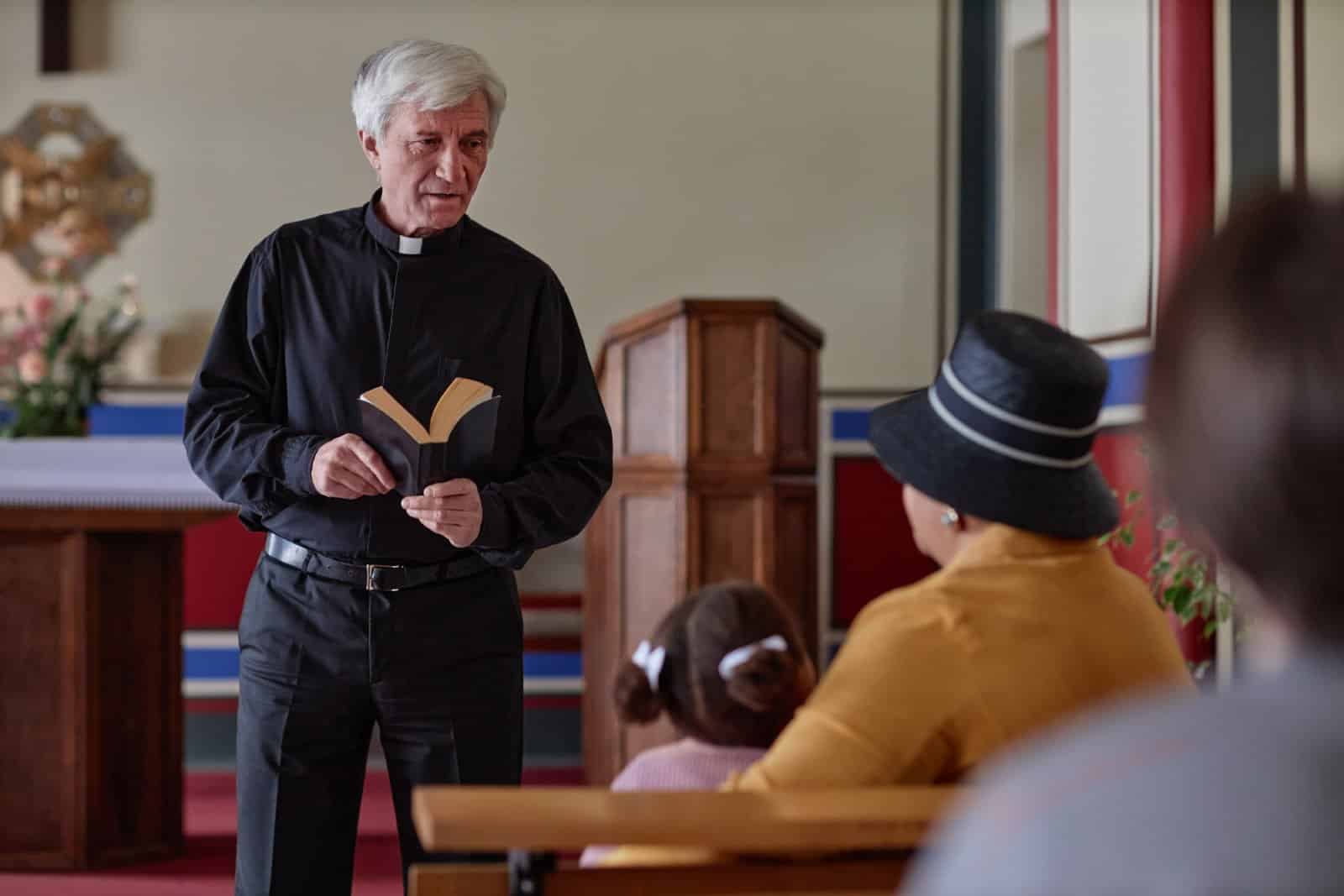
Religious beliefs heavily influence voting behaviors, often aligning believers with specific political parties that reflect their moral and ethical stances. This can intensify political polarization.
13. Legal Battles Over Religious Freedom

Conflicts over the boundaries of religious freedom, especially when it comes to anti-discrimination policies, often result in high-profile legal battles that highlight and deepen societal divisions.
14. Disputes Over Public Religious Expressions

Debates over the role of religion in public spaces, such as prayer in schools or religious symbols in public areas, frequently lead to legal and social conflicts.
15. Divergent Responses to Social Justice Movements
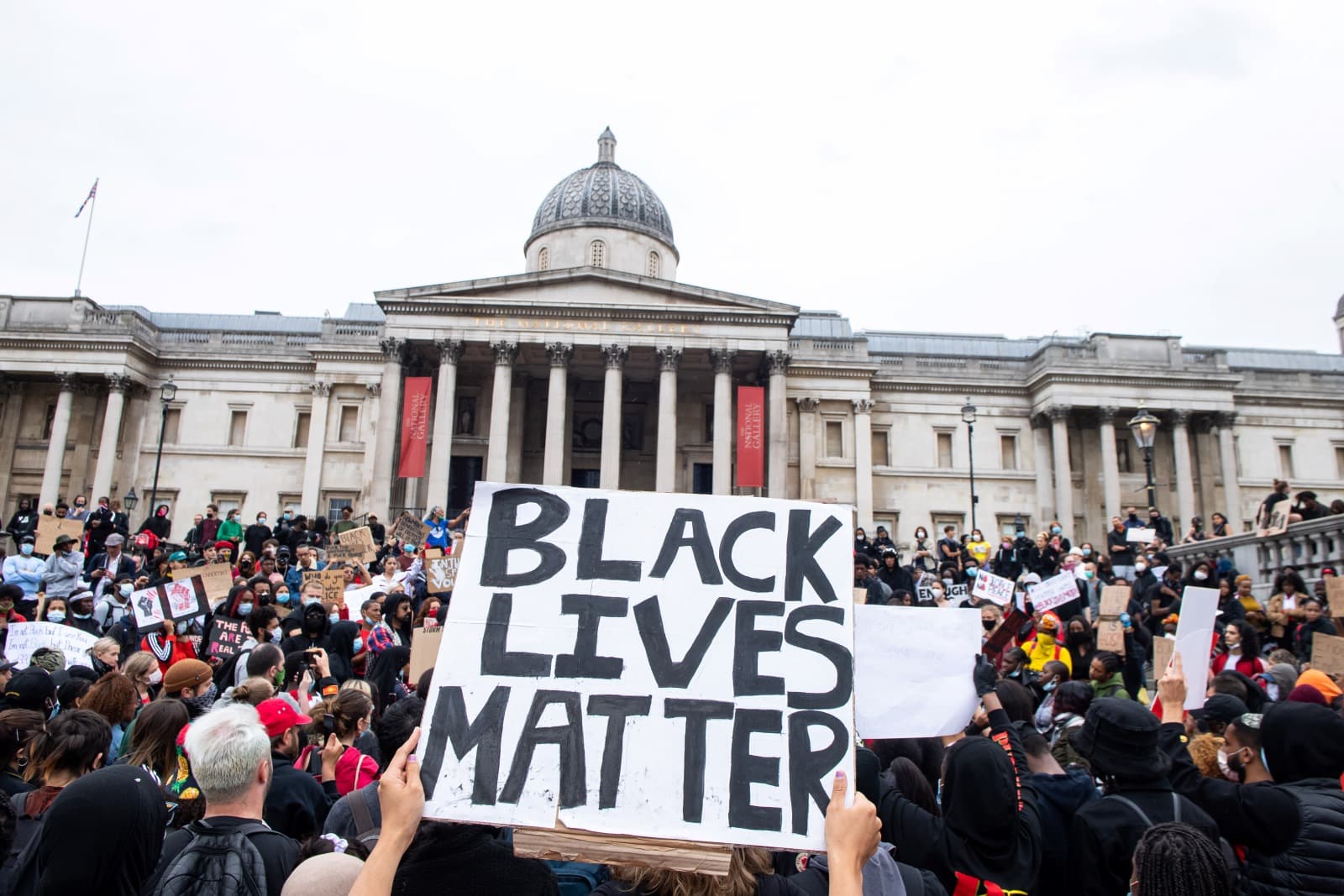
The varied responses from religious groups to social justice movements like Black Lives Matter can divide congregations along ideological lines, reflecting broader societal tensions.
16. Economic Inequality Within Faith Communities
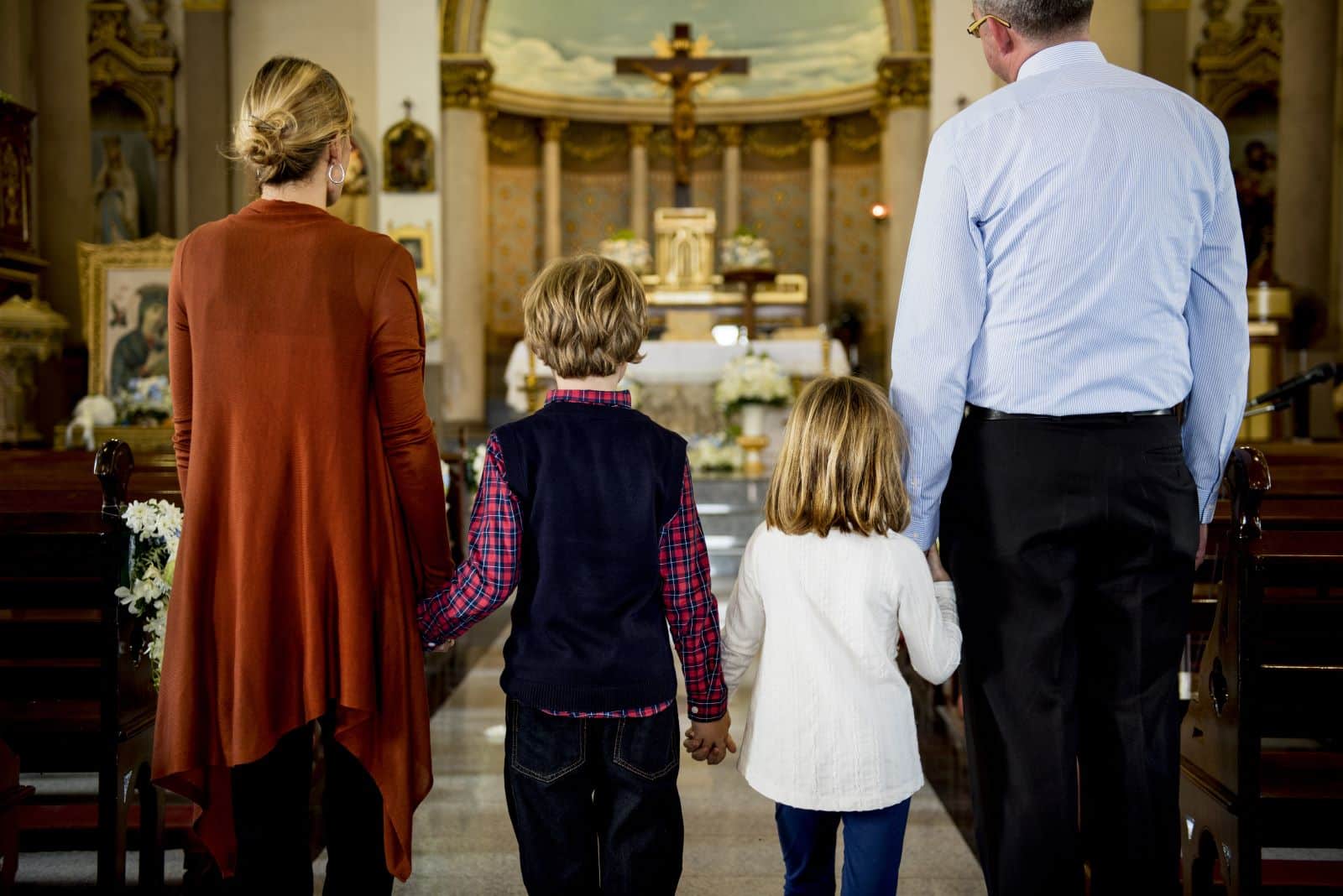
Economic disparities within religious communities can lead to divisions, with wealthier congregations having more resources and influence, often leading to a lack of empathy or understanding across economic lines.
17. Influence of Evangelical Media

Evangelical media outlets often promote a particular conservative Christian worldview that can be divisive, particularly when they attack other viewpoints as immoral or misguided.
18. Religious Nationalism
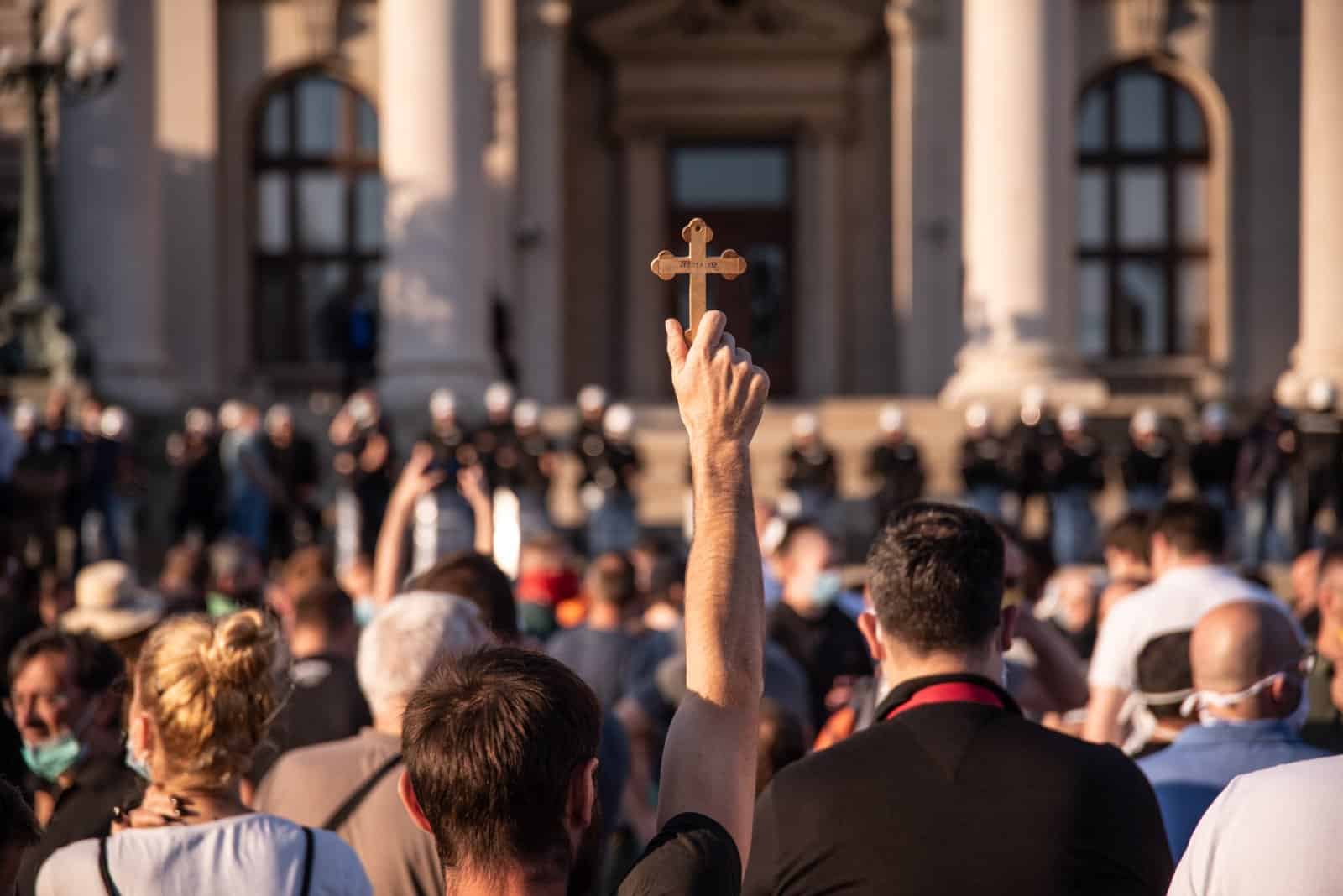
The rise of religious nationalism, which merges religious beliefs with national identity, often excludes or marginalizes those who do not share the same faith, increasing societal divides.
19. The Decline of Ecumenical Movements
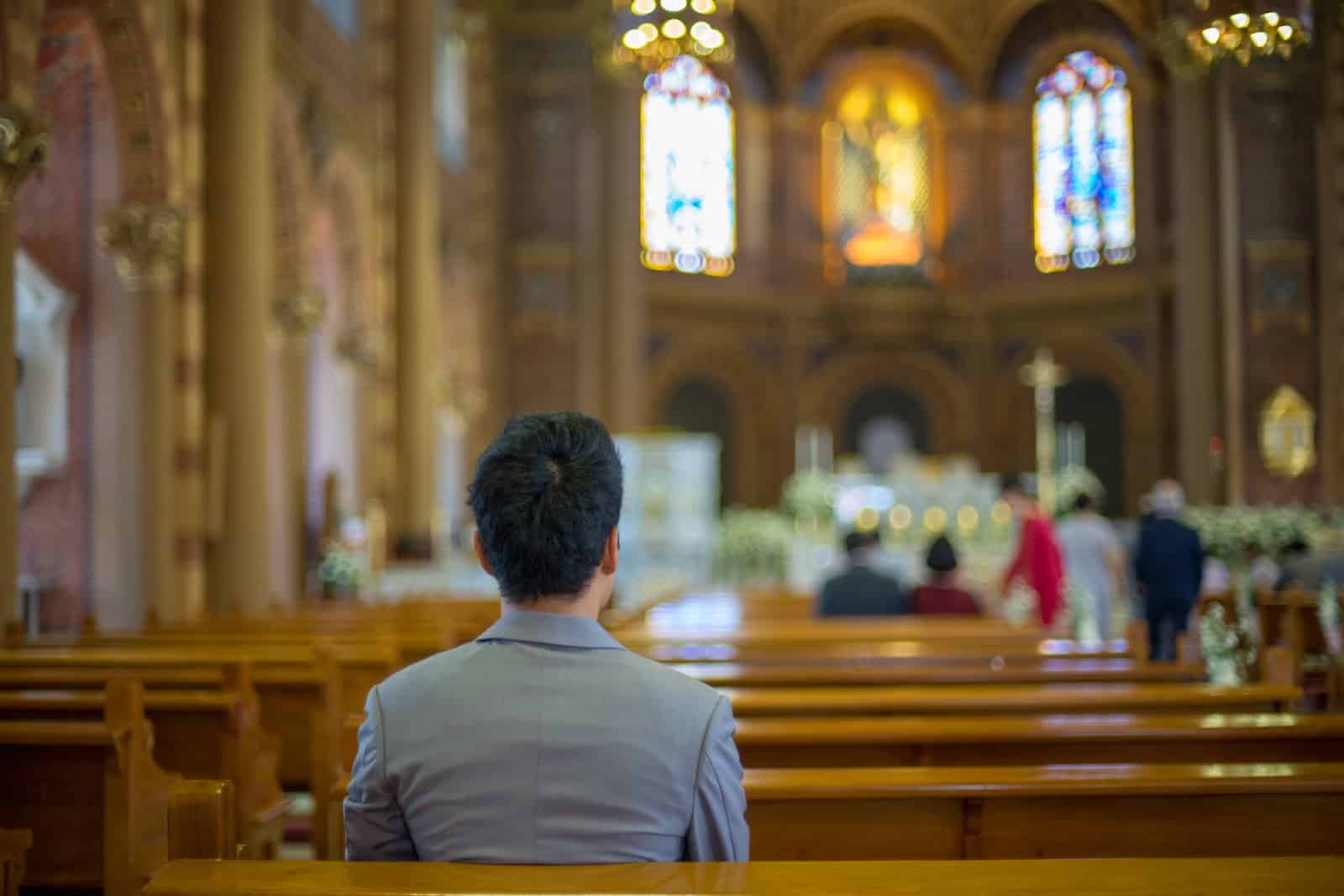
The weakening of ecumenical movements, which promote unity among Christian denominations, has reduced opportunities for dialogue and reconciliation among differing Christian views.
20. Global Religious Conflicts

International religious conflicts, particularly those involving Muslims and Christians in various parts of the world, can also heighten tensions within American communities, reflecting global religious fractures.
A Crisis of Faith and Unity

With so many factors pulling at the threads of unity, religion seems more a wedge than a binder in today’s America. Are we destined to see faith as a divider, or can it once again find a role as a bridge in our society?
Not All Tea Is Good for You: List of Teas to Avoid and to Stick To

Not all teas are healthy and some might actually harm your health with poor ingredients. But how can you tell the good from the bad? This guide aims to help you make informed choices without turning you into a tea expert overnight. Not All Tea Is Good for You: List of Teas to Avoid and to Stick To
America’s Spiritual Revolution: Turning Away from Christianity to Embrace Alternatives

As church attendance declines, Americans are exploring diverse spiritual paths, from stargazing druids to unconventional deities like Wi-Fi gods and extraterrestrials. Explore the quirky and sometimes controversial new religions capturing attention as people seek meaning beyond traditional Christianity. America’s Spiritual Revolution: Turning Away from Christianity to Embrace Alternatives
25 Must-Try Global Delicacies

From Bangkok’s bustling streets to Parisian cafes, every corner of the world offers something special for your taste buds. And you don’t have to travel far; even in the USA, you can find a world of flavors. Here are 25 global delicacies every foodie should try, including some local favorites! 25 Must-Try Global Delicacies
Featured Image Credit: Shutterstock / Gerry Boughan.
For transparency, this content was partly developed with AI assistance and carefully curated by an experienced editor to be informative and ensure accuracy.


